‘Strong response’: India, Pakistan on the brink after Kashmir attack
Tensions rise between two nuclear powers after civilians were targeted by gunmen in a disputed region of the Himalayas.
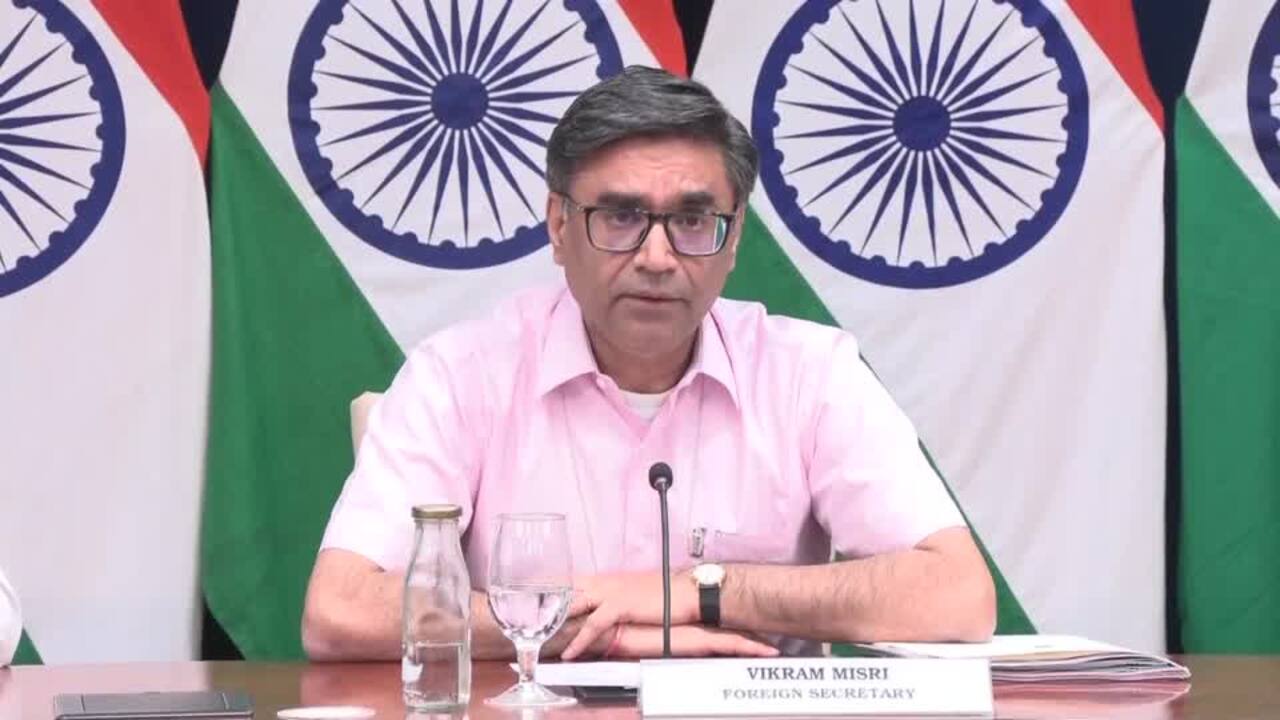
India has rolled out a series of diplomatic moves against its neighbour Pakistan and accused it of supporting “cross-border terrorism” after a deadly attack in Kashmir sent relations to their worst levels in years.
It is believed militants killed 26 men – all but one of whom was Indian – at Himalayan tourist spot Pahalgam, in the deadliest attack on civilians on Indian soil in nearly two decades.
Kashmir is a disputed territory at the northernmost point of the subcontinent, with parts administered by India, Pakistan and China.
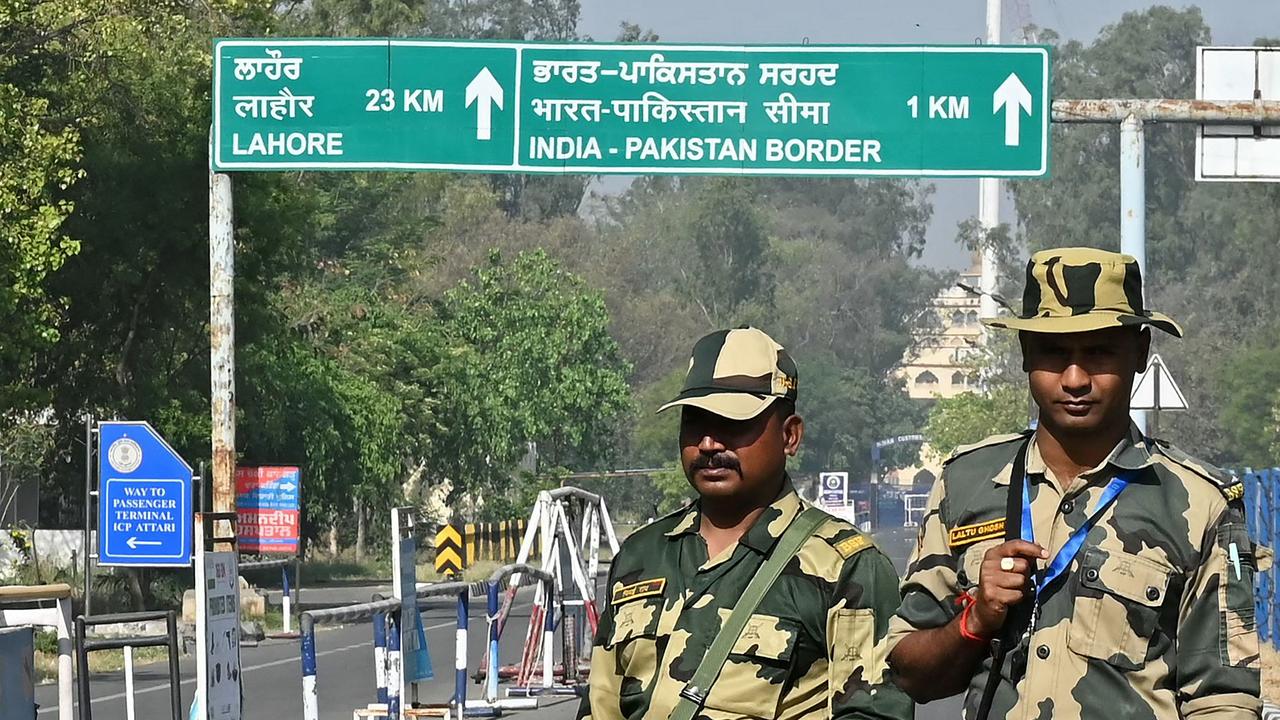
India took a raft of punitive measures against Pakistan on Wednesday, local time, as relations between the nuclear-armed countries deteriorate, and some fear New Delhi’s diplomatic salvo may be only the first in a series of steps which could include military action.
India’s measures, including the expulsion of Pakistan diplomats, the suspension of a key water-sharing treating and the closure of the main land border crossing, come a day after gunmen opened fire at tourists.
Pakistan will make “a tit-for-tat response” to the Indian measures, Pakistani Deputy Prime Minister Ishaq Dar said.
Pakistani Defence Minister Khawaja Asif and Pakistani defence analysts have even claimed the Pahalgam attack could be a possible Indian “false flag operation.”
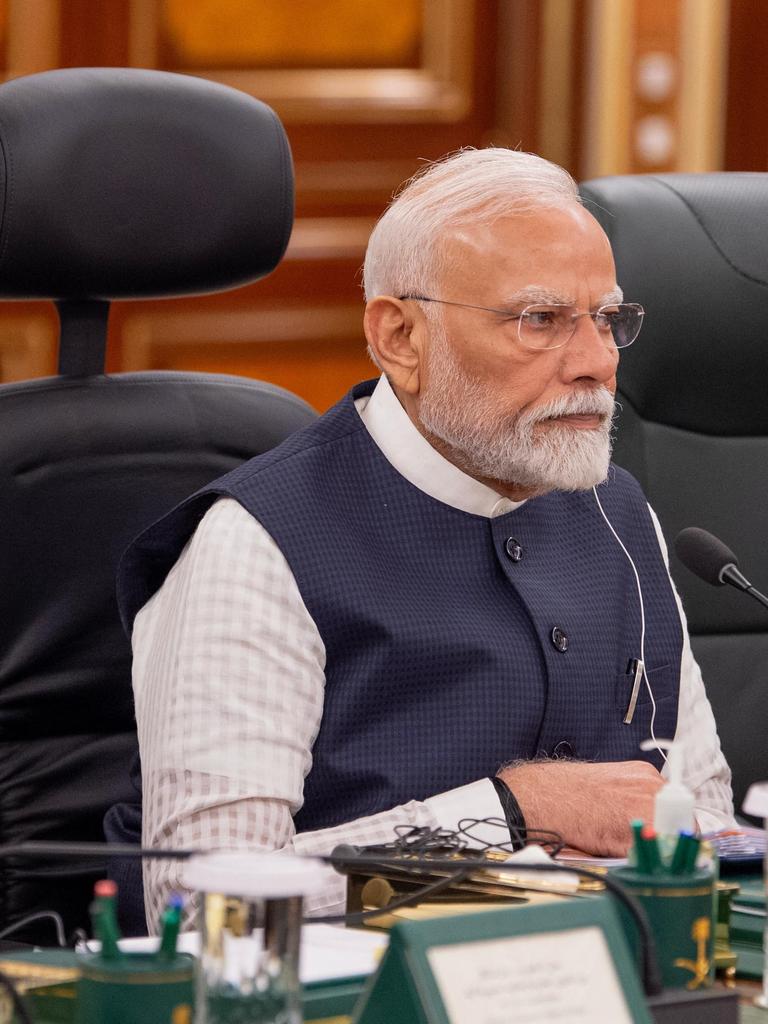
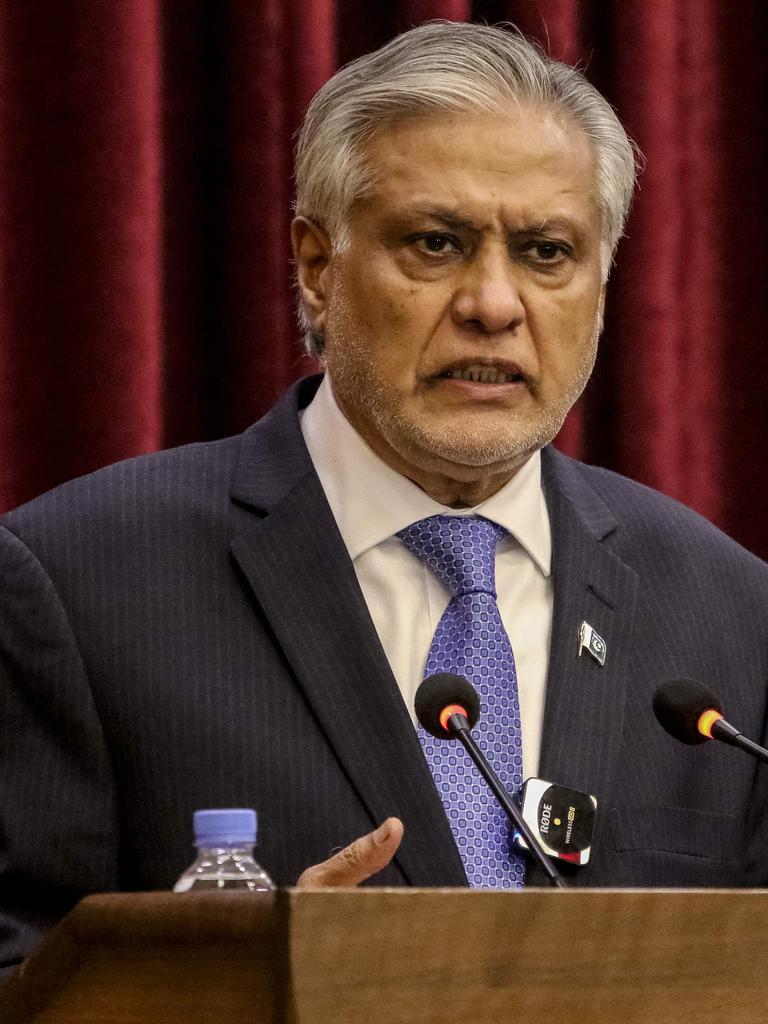
Military historian Srinath Raghavan told the BBC he expected a “strong response – one that signals resolve to both domestic audiences and actors in Pakistan”.
“Since 2016 and especially after 2019, the threshold for retaliation has been set at cross-border or air strikes,” he said.
“It’ll be hard for the government to act below that now. Pakistan will likely respond, as it did before. The risk, as always, is miscalculation – on both sides.”
Michael Kugelman, a foreign-policy analyst, said the number of deaths and targeting of Indian civilians “suggests a strong possibility of an Indian military response against Pakistan, if Delhi determines or merely assumes any level of Pakistani complicity”.

The killings have shocked New Delhi, as they marked a dramatic shift towards targeting civilians and the area’s vital tourism industry rather than smaller-scale attacks against Indian security forces, which are more common.
Indian Prime Minister Narendra Modi has pledged that those responsible for the “heinous act” will be brought to justice.
“Their evil agenda will never succeed,” Modi said in a statement shortly after the attack. “Our resolve to fight terrorism is unshakeable and it will get even stronger.”
The attack on Tuesday took place as tourists enjoyed tranquil mountain views at the popular site at Pahalgam, when gunmen burst out of forests and raked crowds with automatic weapons.
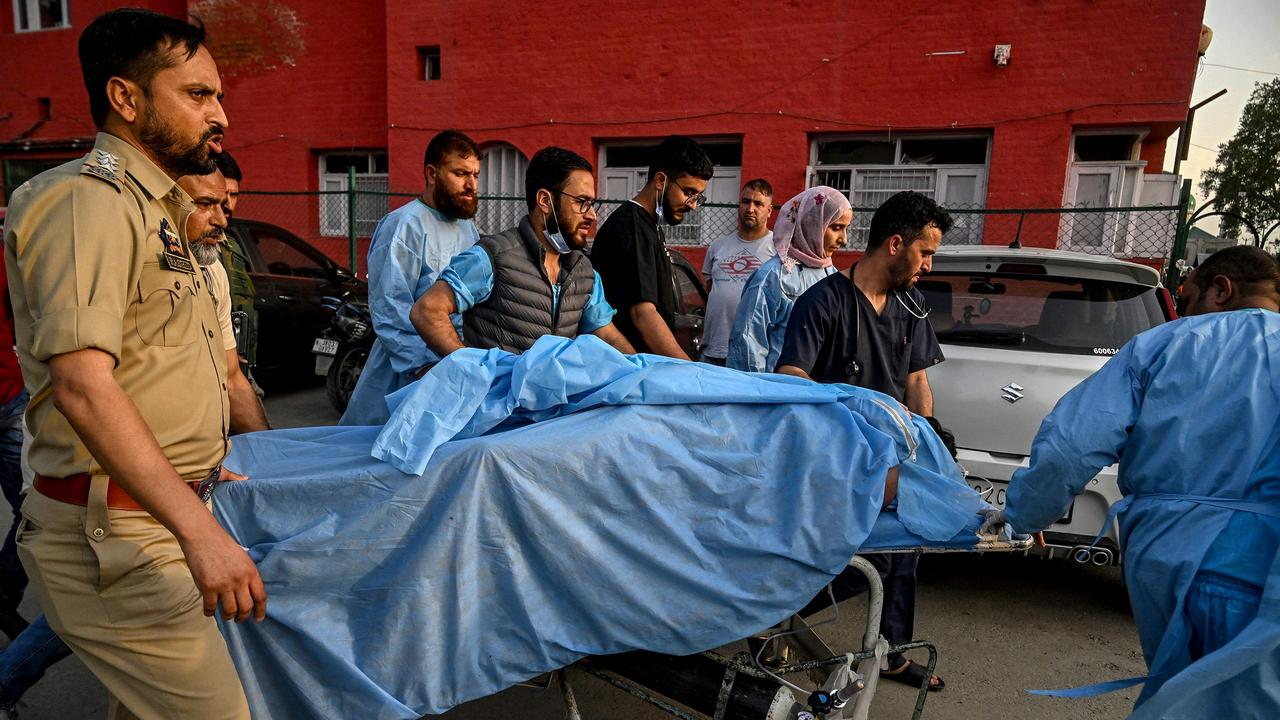
Indian Defence Minister Rajnath Singh on Wednesday vowed a swift response. “Those responsible and behind such an act will very soon hear our response, loud and clear,” Singh said in a speech in New Delhi.
“We won’t just reach those people who carried out the attack. We will also reach out to those who planned this from behind the scenes on our land.” No group has claimed responsibility for the attack in the Muslim-majority region where rebels have waged an insurgency since 1989 – seeking independence or a merger with Pakistan.
But India appears to be pointing the finger at Pakistan, which so far has only issued a statement of condolence and concern over the attack.
On Wednesday evening, Indian Foreign Secretary Vikram Misri read out a series of actions against Pakistan.
They included the suspension of the Indus Waters Treaty of 1960 to share critical water from Himalayan tributaries “until Pakistan credibly and irrevocably abjures (rejects) its support for cross-border terrorism”, Misri told reporters in New Delhi.

It also includes the shutting of the main land border crossing and several diplomatic staff reductions, including withdrawing several Indian staff from Islamabad and ordering Pakistanis home.
Analyst Michael Kugelman said the attack posed a “very serious risk of a new crisis between India and Pakistan, and probably the most serious risk of a crisis since the brief military conflict that happened in 2019”.
India and Pakistan have long accused each other of backing forces to destabilise the other, and New Delhi says Islamabad backs the gunmen behind the insurgency.
Islamabad denies the allegation, saying it only supports Kashmir’s struggle for self-determination.
Pakistan’s foreign ministry on Wednesday offered its “condolences to the near ones of the deceased”.
After India’s diplomatic measures, Pakistan said it would convene its National Security Committee, composed of senior civil and military officials, which is summoned only in exceptional circumstances.
“The National Security Committee will discuss all the measures and a comprehensive response will be given,” Defence Minister Khawaja Asif told local media.
Deputy PM Dar said India has “given a very unfair, immediate and quick reaction which is a political move.”
He added: “If they have any evidence, they should share it with us.”



